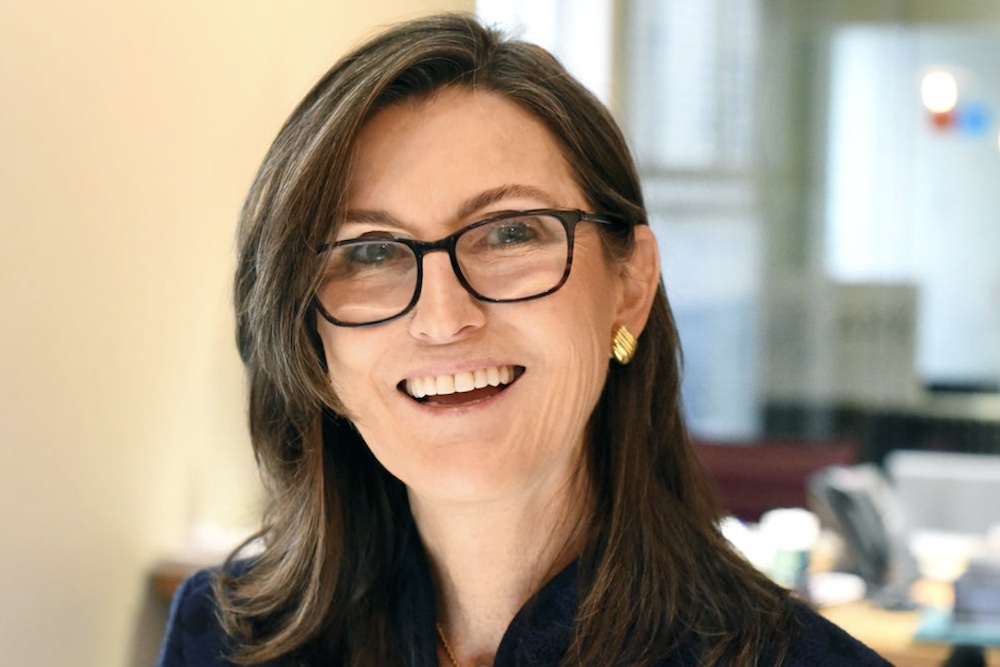Cathie Wood, the founder and CEO of investment management firm ARK Invest, has raised concerns about a critical yet frequently overlooked matter – currency devaluations on the rise of bitcoin (BTC).
ARK Invest focuses solely on disruptive innovation and offers investment solutions to investors seeking long-term growth in the public markets.
Why Is Bitcoin Fluctuating?
During an exclusive interview with CNBC’s Squawk Box, the CEO was asked about her thoughts on Bitcoin’s recent price movements. Wood responded, noting that “there are currency devaluations that people are not talking about.”
In the past week, the crypto asset drastically declined from its all-time high record of $73,750 to below $65,000. The decline has caused a shift in the crypto market. Some investors are considering withdrawing their funds, while others are hopeful about the future of the digital asset.
According to CryptocurrenciesToWatch, BTC is currently at $66,377, with a market cap of $1.3T.
Fiat Currency Devaluation
Wood listed some examples of fiat currencies that are struggling. The Nigerian NGN has been down 50-60% in the last nine months, Egypt just devalued by 40%, and Argentina continues to devalue.
She said, “I think this is a flight to safety, believe it or not, taking place. It is a hedge against devaluation. It is a hedge against loss of purchasing power and wealth.”
Additionally, the ARK Invest CEO mentioned that regional banks imploded in the United States last year, and Bitcoin increased by 40%.
Interestingly, she argued that BTC does not have counterparty risk – the probability that the other party in an investment, credit, or trading transaction may not fulfill its part of the deal and may default on the contractual obligations.
Wood cautioned that significant long-term risks be carried out, particularly regarding currency stability.
“As countries increasingly resort to monetary easing measures to support their economies, the consequence can be currency devaluation. The outcome of weakened currency extends far beyond financial markets, which affects everything from trade balances to inflation rates,” she explained.
